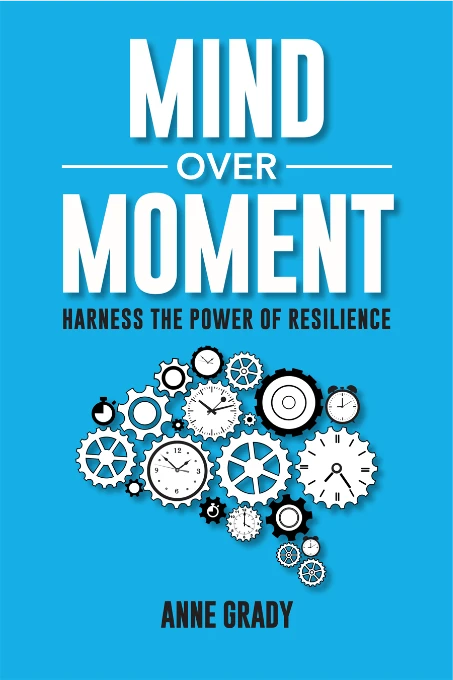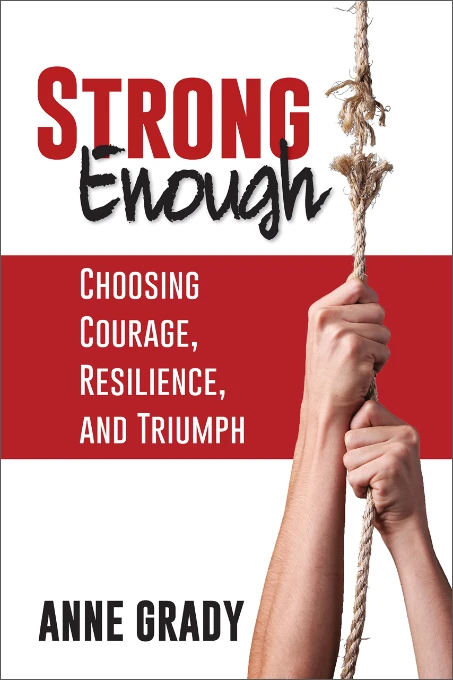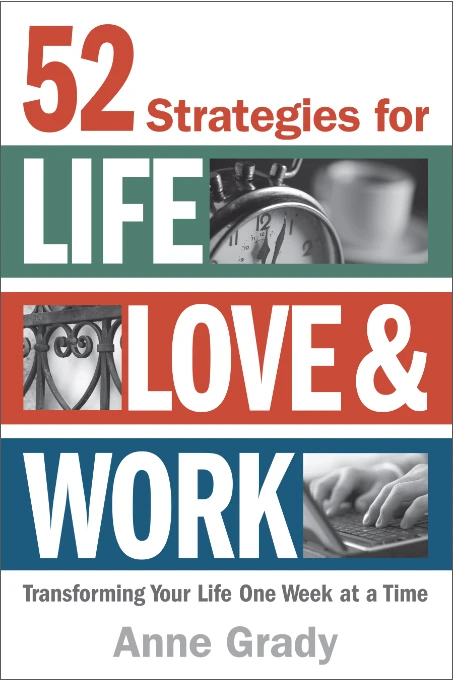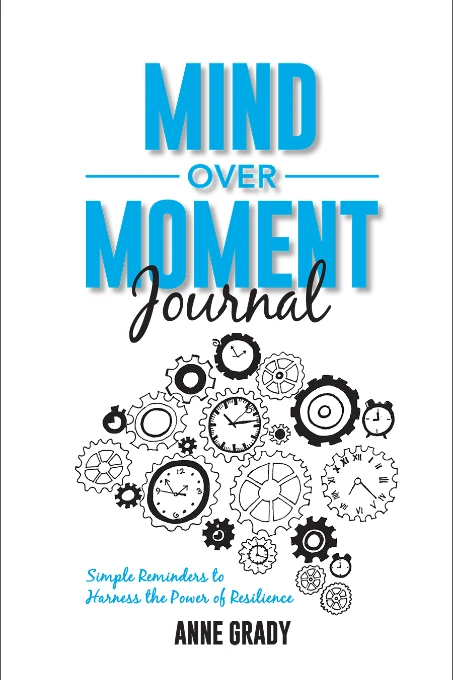Lessons I’ve Learned From Raising a Child With Autism
Lessons I’ve Learned From Raising a Child With Autism
Lessons I’ve Learned From Raising a Child With Autism
April is World Autism Month, or as The Autism Society is shifting to Autism Acceptance Month.
Raising a child with mental illness and Autism has been my resilience-building breeding ground. We began therapy when Evan was just 11-months old, and he has been in one form of therapy or another ever since. The lessons we have learned from countless therapists have been invaluable.
It’s hard to believe that Evan is turning 18 this month and graduating from high school in June! While I know our journey is in many ways just getting started, I am so hopeful for Evan’s future. I am also incredibly proud of the fact that he still asks me to share his story. He understands the shame and stigma attached to mental illness and Autism and wants to help change that. As a mom, this is my proudest accomplishment.
Just like you, I’ve learned how to build my resilience muscle out of necessity.
On the days when I doubt my own strength, I look back on the lessons I’ve learned (and the ones I’m still learning):
1. Unconditional love
Raising any child is hard work. Raising a child with Autism is a true lesson in unconditional love. It’s easy to get angry with the people in our lives who suffer from Autism or another mental illness. They can be irritable, forgetful, irrational, difficult, and sometimes violent. But, I’ve learned that love is not dependent on behavior, especially when it is someone who is close to you.
If someone you love is struggling with Autism or mental illness, share available resources, provide a safe space, listen, and practice patience. It is hard to love someone that says and does hurtful things, but I learned to separate the behavior from the person. Love the people you love.
2. Acceptance
When you have a child, you have dreams for his/her future. When it doesn’t turn out that way, you have to give yourself space to grieve. Learning to accept what is rather than what could have been has become a life-changing practice for me that I use in a lot of areas of my life.
I’ve learned that most of the time when I’m frustrated or disappointed, it is because my expectations and reality are out of alignment. I have become hyper-aware of my expectations, of both myself and others, and here’s what I’ve learned: If you want to be happier, lower your expectations. It’s not to say you and others shouldn’t try your best, but protect your peace by lowering your expectations.
3. Empathy
Don’t get me wrong, I spent plenty of time feeling sorry for myself asking “Why me?”. But when I look at it from Evan’s perspective, it becomes much easier to empathize with him. When he was aggressive or difficult, or his behavior was out of control, I realized how out of control and afraid he must have felt. He didn’t understand the intense emotions and certainly wouldn’t have chosen to behave this way if he could help it.
All people want is to be loved and accepted; it is a fundamental truth. I honestly cannot even imagine how difficult this has been for Evan, but I have learned to try to see things through his eyes, understanding that he is doing the very best he can.
4. Support
You cannot do this alone. It takes a village of family, great friends, and therapy pups. For over 6 years, we had an in-home caregiver named Michael to help with Evan, and he had such a calming presence. After an episode or a difficult interaction, Michael would literally send us to opposite ends of the house and tell us all to reset. To start fresh. He reminded us to focus on what’s really important – our family, our love, our health, future, and priorities.
Support groups are another way I have been able to survive this journey. I credit my support group and my teachers at NAMI (National Alliance on Mental Illness) for helping me survive some of my roughest times. The club that no one wants to be a part of provides incredible bonding.
People want to help you, but they can’t if you don’t let them. I called on friends to watch Evan for an hour so I could go grocery shopping, get some work done, or take a nap. Asking for help is a sign of strength.
5. Self-care
You have to take care of you to take care of others. When Evan was little, everyone told me to take care of myself. I thought sure, in between running a business, raising two kids, being a wife, balancing friendships, volunteering, and more, I’ll go ahead and take a spa day!
Then at 10 years old, Evan was hospitalized for the second time, and around the same time, I was diagnosed with a tumor in my salivary gland that resulted in facial paralysis, a scratched cornea, eye surgery, and radiation.
I learned that self-care is not selfish, it is a requirement for resilience. You can’t be a source of strength for others when you are depleted. Self-care could be as simple as doodling, allowing yourself to daydream, or lighting a candle. Even small acts of self-care make a big difference.
Join me this month in helping build awareness and acceptance for people with Autism. You can learn more about how to help here. And remember, when you see behaviors from others that may make you cringe, rather than pass judgment, offer a kind smile, a pat on the back, and provide reassurance. Remember, we are all doing the very best that we can.
Stay brave and resilient,
Anne
Subscribe to Anne's #RoutineResilience Email!
Anne breaks down the daily habits and skills needed to grow and cultivate RESILIENCE.
Lessons I’ve Learned From Raising a Child With Autism
If you can’t say something nice, don’t say anything at all.
Most of us are taught this simple lesson when we are kids. Unfortunately, it is not always practiced once we are adults. The human tendency to attribute our behavior to our intent and others’ behaviors to the type of person they are is referred to as the fundamental attribution error. Someone runs a stop sign, and we think they are a jerk. We run a stop sign and “oops”.
Regardless of our intentions, people only know what they see through our actions, and we only know what we see through the actions of others. In between our intentions and our actions lies a chasm.
How do you bridge the gap between intentions and actions? Try the following strategies 👆👆

Anne Grady is a Speaker, Author, and #TruthBomb Dropper.
Anne shares practical strategies that can be applied both personally and professionally to improve relationships, navigate change, and triumph over adversity. And she’ll make you laugh while she does it. Anne is a two time TEDx speaker, and her work has been featured in numerous media outlets, including Harvard Business Review, Entrepreneur, Forbes, Fast Company and Inc. magazines, CNN, ESPN, and FOX Business. She is the best selling author of 3 books. Her newest, Mind Over Moment: Harness the Power of Resilience, is available on Amazon now.
MAIN OFFICE
(512) 821-1111
BILLING & MAILING ADDRESS
P.O. BOX 5815 | ROUND ROCK, TEXAS | 78683





